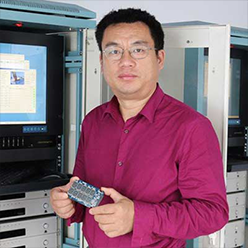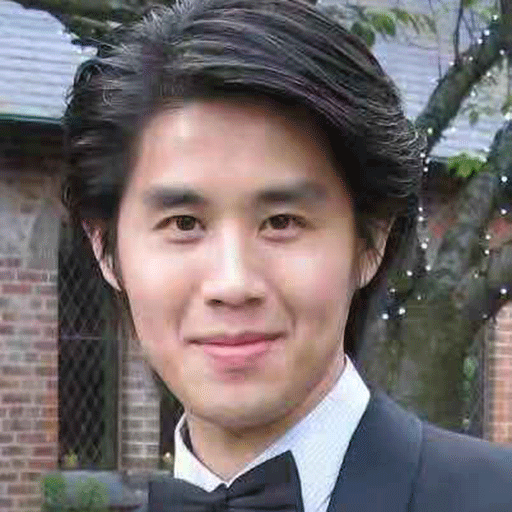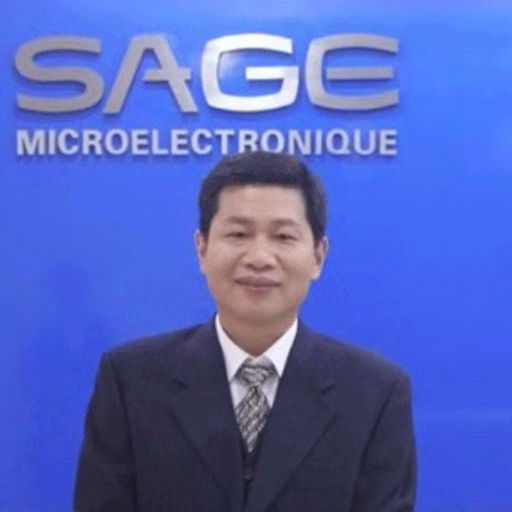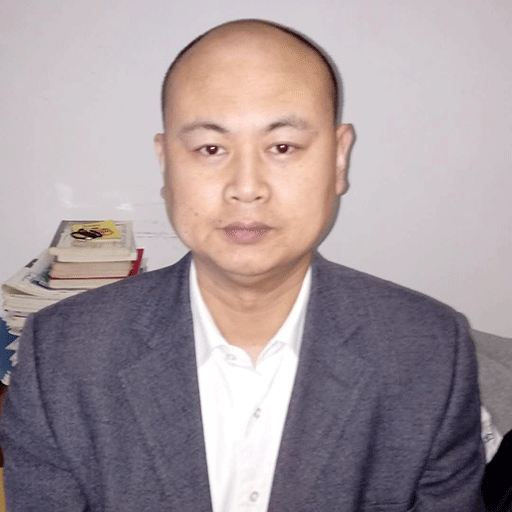Chuck Sobey is the Conference Chairperson of the 2018 Flash Memory Summit. He is an internationally respected technology advisor, researcher, and lecturer. Chuck founded the confidential R&D services firm ChannelScience, which works with startups, Fortune 100 companies, attorneys, and large institutions to evaluate IP, develop new capabilities in nonvolatile memory, and establish the state-of-the-art.
He has deep expertise in the design, function, simulation, manufacture, and test of data storage devices. Chuck is currently applying machine learning techniques to engineering tasks to accelerate the pace of R&D. He also develops signal processing and coding algorithms matched to the physics of emerging memory technologies, such as STT-MRAMs (spin transfer torque), and serves as a technical liaison between industry and government.
As China focuses on flash as a strategic initiative, Chuck was honored to give the opening technical keynote address at the first flash conference held there. Chuck is an electrical and computer engineering graduate of Carnegie Mellon University and the University of California at Santa Barbara.
Topic:Solid-State Storage: A Quick Look at the State-of-the-Art
Start-ups, established corporations, and governments are preparing for the transition from compute-centric to data-centric architectures in the cloud. This change will support cloud-enabled autonomous motion, IoT device proliferation, machine-learning-as-a-service, and other new algorithmic inventions. Hyperscale datacenter leaders, such as Google, Facebook, Amazon, Microsoft, Baidu, and Alibaba, are demanding new storage capabilities – at the lowest price. This is spawning new companies and funding new NVM technologies and architectures, including 3D NAND flash, Intel’s 3D XPoint-enabled Optane products, spin-transfer torque MRAM, and RRAM for neuromorphic computing.
This presentation will give the audience a brief overview of current NVM technologies; it will present a top-level view of some of the next developments to watch for in data storage; and provide a forum for discussing how your projects might benefit from these technology developments.








